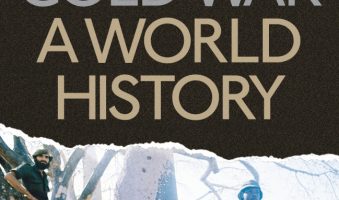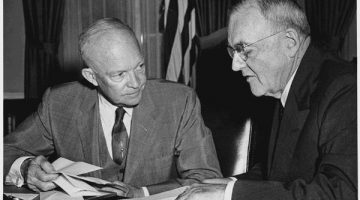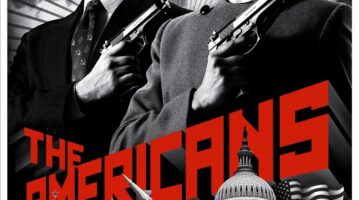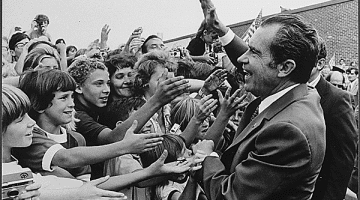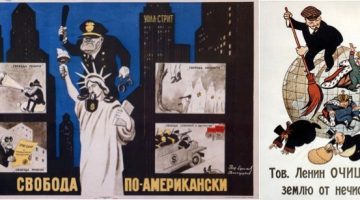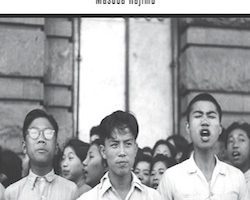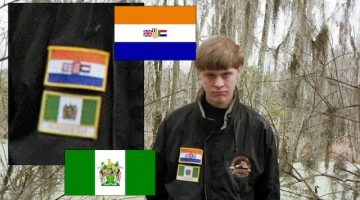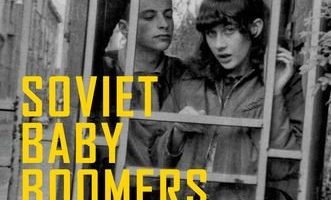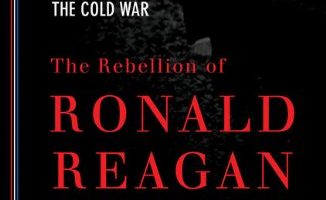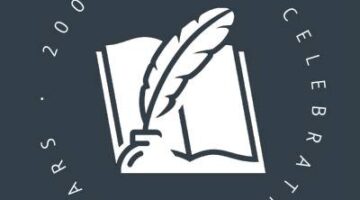
This panel offers a retrospective examination of the 1968 Czechoslovak “Prague Spring”, or what the LBJ administration labeled the “Czechoslovak crisis.” Panelists Dr. Mary Neuburger, Professor of History and Director, Center for Russian, East European and Eurasian Studies (CREEES) and Dr. Jeremi Suri, Professor of History and Mack Brown Distinguished Chair for Leadership in Global Affairs, offer […]
